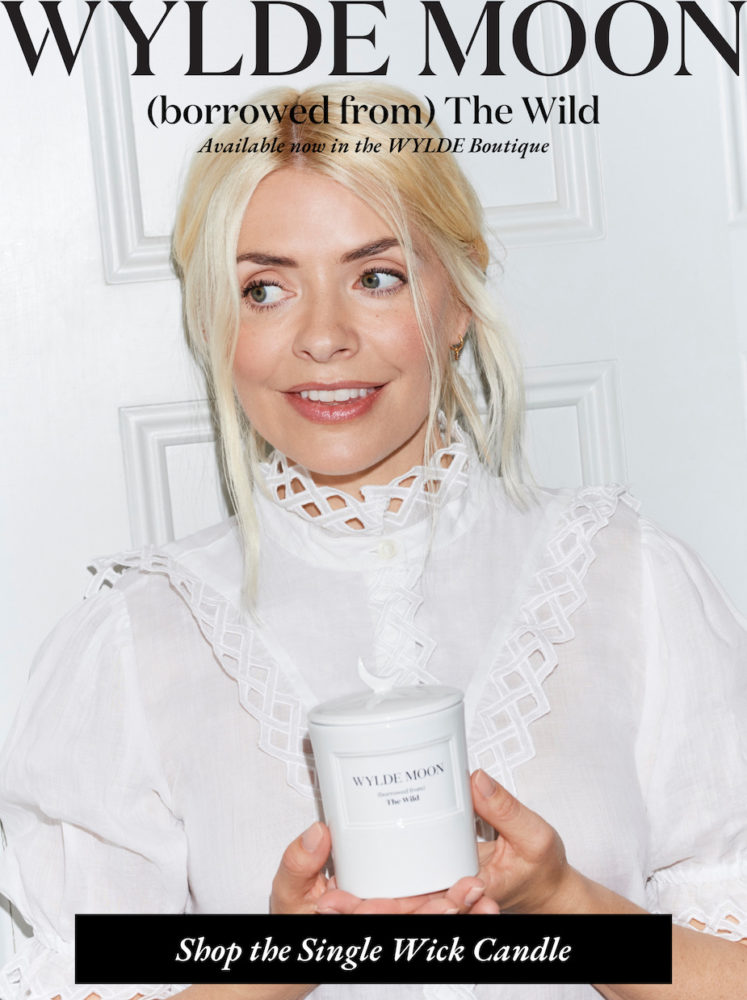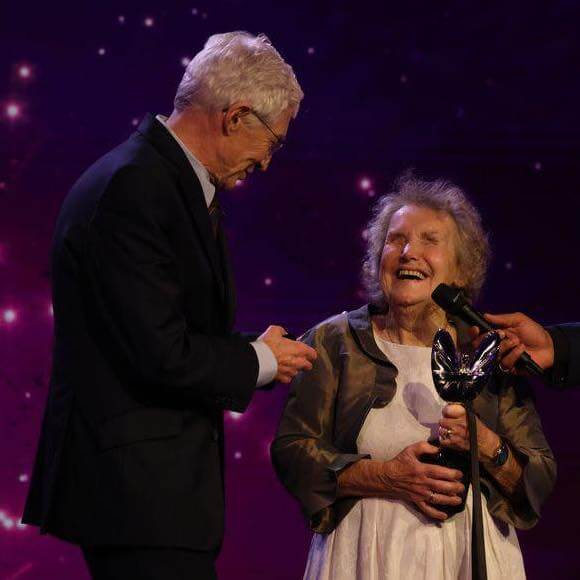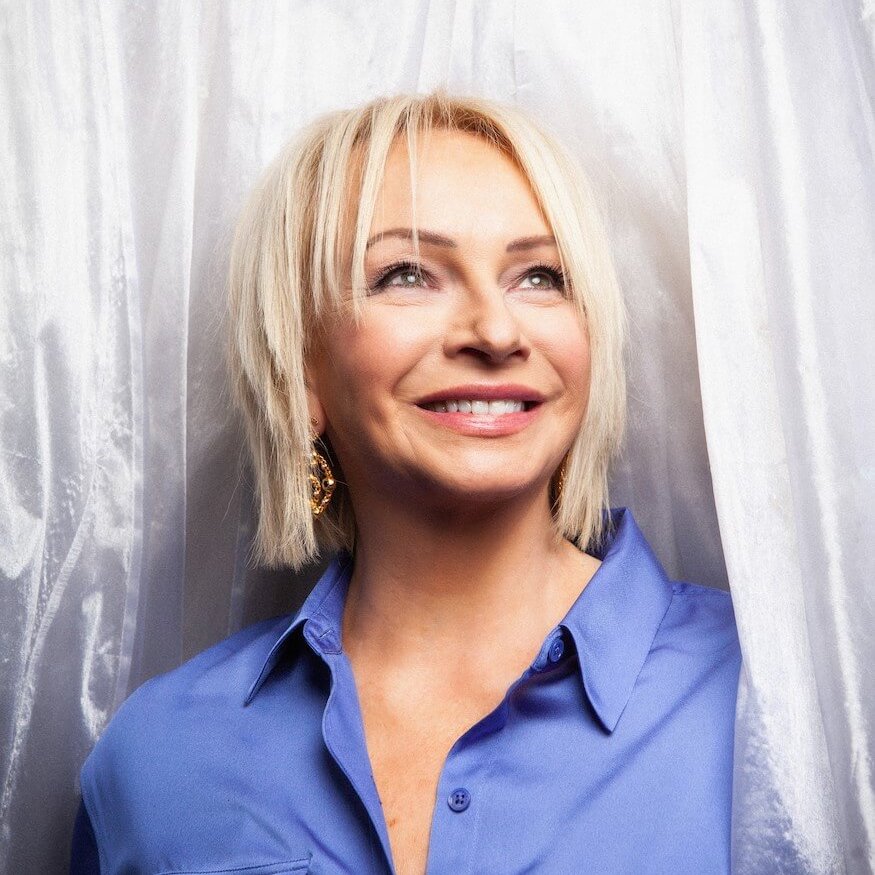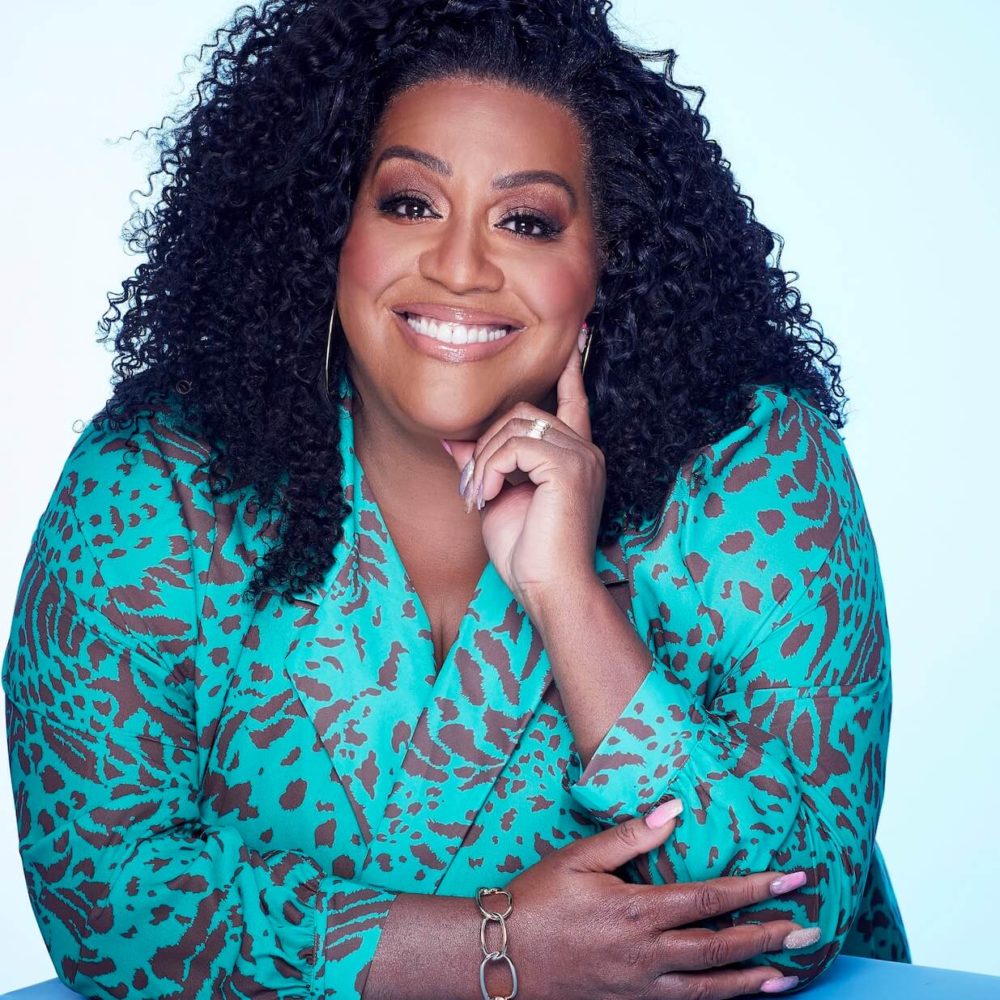5 Minute Read
Share this article…
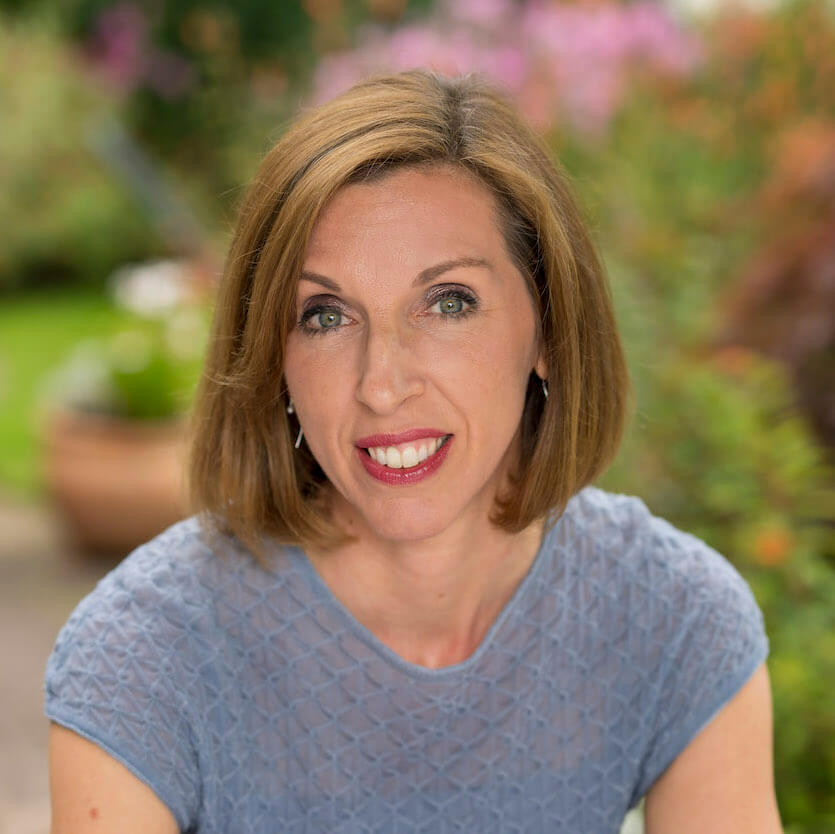
I’m a Menopause Expert but Didn’t Recognise my Own Symptoms
Coming to terms with the menopause and how it makes you feel is hard for everyone, as expert Dr Louise Newson explains.
Dr Louise Newson is an outspoken, menopause warrior who is determined to make life easier for the 13 million women who are currently peri-menopausal or menopausal in the UK. We asked this month’s WYLDE Woman how she become a campaigner to make women more educated and able to talk about the changes in their bodies. Her outspoken stance on the benefits of HRT have led to differences of opinion in the medical community, but she refuses to be silenced, a TV regular, she founded The Menopause Charity, runs the Balance website and app to give free advice, as well as making a podcast, working as a GP and running her own menopause clinic.
 Have you always wanted to work in medicine?
Have you always wanted to work in medicine?
“Yes, even when I was very young, I always wanted to be a doctor. I would play doctors and nurses with my Dad, and he would have to be the nurse. I wanted to do it to help people. My Dad died when I was nine years old from cancer in his brain and I thought I wanted to do even more to help. At the time thought I wanted to specialise in cancer medicine.”
 So what changed after you went through medical school?
So what changed after you went through medical school?
“When I was 27, I trained to be a GP. I didn’t want to have kids and not see them. I tried to look for role models working in hospital but I couldn’t find any. In hospital medicine the women were either working too hard or divorced or were too miserable. I didn’t want to be like them in 15 years’ time. In General Practice it was easier to work part-time and to have better work-life balance. I began writing articles for GP magazine. I would look at all the guidance and evidence around different conditions – from asthma to migraines. It meant I could be there for the children, picking them up from school, all those things that are priceless, and I could keep up to date with all the evidence and latest research and teach others about it.”
 What is your advice to women who are going through the menopause and peri-menopause?
What is your advice to women who are going through the menopause and peri-menopause?
“Every woman should have the opportunity to discuss individually whether HRT is right for her, or not, depending on the risks and benefits. Getting menopause treatment is not about looking like a perfect celebrity, it is about being the best version of yourself. It is about women taking control of themselves and getting the right help. “
 So what are the challenges for women wanting to be prescribed HRT?
So what are the challenges for women wanting to be prescribed HRT?
“I know GPs and the NHS are all doing their best in very challenging times and everyone wants the best for their patients. The more I see and hear of the suffering and the more I read the evidence about the safety of HRT and effectiveness to improve women’s menopause symptoms (and the effectiveness in reducing heart disease, osteoporosis, diabetes and dementia) it is absolutely scandalous that women are not allowed to get an evidence-based treatment. I get really sad. I think, isn’t that brilliant that women can ask for a treatment that can help them and that is better for their future health? The people who are getting at me are deciding not to read that evidence. It is not just my patients that are telling me this. You only have to go on social media or read the women’s strategy report. It is cruel. I don’t know why women aren’t able to make a decision about their future health.”
“Every woman should have the opportunity to discuss individually whether HRT is right for her, or not.”
 Your championing of HRT is seen by some as controversial. How do you deal with your critics?
Your championing of HRT is seen by some as controversial. How do you deal with your critics?
“I am quietly determined rather than rebellious. It’s my duty as a specialist to arm women with scientific based research that I know so women can make informed decisions about their health.”
 Do you get upset?
Do you get upset?
“Yes, I have got upset. I am not as strong as people think I am. It is more for women, I get upset because I get tired, but I get propped up by my family and the people I work with. My three daughters (aged 11 to 19) are really supportive. I have burst into tears and gone into my daughters’ bedrooms and they’ve said to me, ‘of course you can do this mummy.’ They are a new generation. My older daughters talk to their friends who have mothers suffering from the symptoms of menopause. I get frustrated. Women are giving up jobs or changing them because of the menopause. It is having a massive effect on families as well.”
 How has your personal experience of the menopause been?
How has your personal experience of the menopause been?
“In retrospect it was not easy. I am 52 and was 40 when I had my youngest daughter. I had symptoms soon after. When I was 45, I became really ridiculously tired and irritable. I was having lots of joint pain, migraines was missing a few periods but didn’t put them all together. I thought it was because I was working so hard. I had classic menopausal symptoms. Then my middle daughter said, you’re really miserable do you think you need your period? I knew almost immediately after she said that. I was already a menopause specialist and didn’t recognise it in myself. It is why I went and set up the Balance app to monitor periods and changes in your body.”
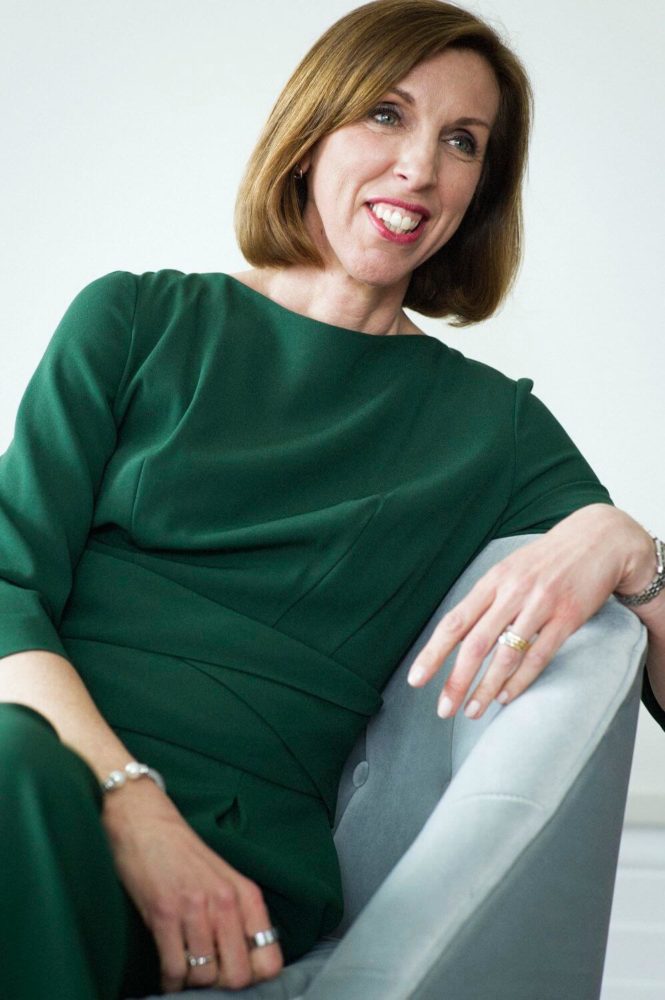
 So, are you on HRT?
So, are you on HRT?
“I am. I had to get it privately because I couldn’t get it from my GP because they are so worried about the risks. The specialist had a six-month waiting list. There are very few menopause clinics to serve the 13 million menopausal women. It took a few months to get the right dose but one by one all my symptoms improved. I felt the best I had for 10 years. It didn’t seem fair that I could get HRT and so many others can’t. If I was struggling to get it you can see why women turn to alcohol, drugs and feel like failures and are lost from society. They become isolated and withdrawn.”
 Should women ask for a second opinion about medication?
Should women ask for a second opinion about medication?
“There is a lot in medicine where patients aren’t listened to properly. The important thing is to be empowered with knowledge so you can make the right decision for you. If you feel you are not able to get the right treatment, it has to be about being able to speak to somebody else. Challenging a healthcare professional can feel very difficult and confrontational. People feel they can’t get a second opinion but if I can’t help someone, I am happy for them to see someone else and patients need to understand that. It is worth asking when you book if this person is experienced in the menopause. “
 Is it ever too early to talk about the menopause?
Is it ever too early to talk about the menopause?
“I have had a few girls who have been menopausal at 14, whose ovaries have not worked properly. There should be education at school for everyone. At the moment it is very hit and miss.”
 What would you tell the younger you?
What would you tell the younger you?
“I would definitely be educated in menopause earlier on and I would take HRT earlier. If I went back in time I would have been a very different doctor. I didn’t think to ask women about their periods and hormones. I had seen women with menopausal symptoms and not recognised it.”
Thank you, Dr Louise, for talking with us.
RELATED: Hormones might be giving you a bad hair day, here’s how to stop it
Follow the official WYLDE MOON accounts on Instagram, Facebook and TikTok, and sign up here for exclusive content from Wylde Moon and Holly Willoughby.
Share this article…


